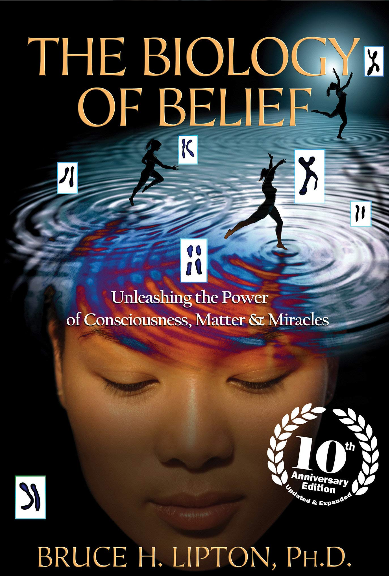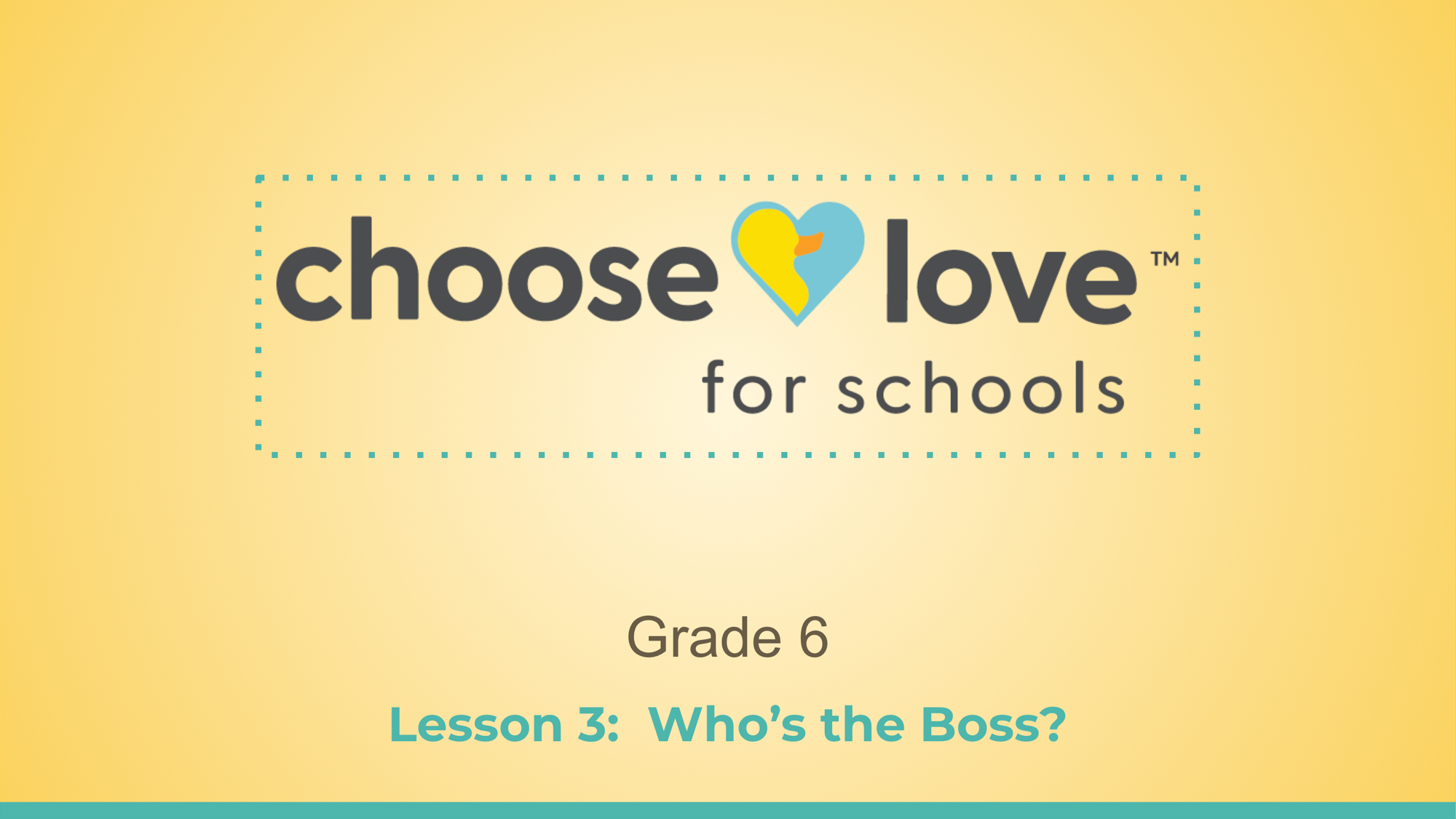By Scarlett Lewis, Chief Movement Officer, Choose Love Movement
In recent years, the debate over cell phone use in schools has intensified, with many advocating for strict bans to curb distractions and promote learning. However, this approach raises a critical question: Does confiscating students’ phones truly address the underlying issues, or does it merely sidestep a more profound societal challenge?
The Pervasiveness of Phone Addiction
It’s essential to recognize that cell phones have become integral to modern life, affecting not just students but adults as well. Recent studies highlight alarming trends in phone addiction among adults. For instance, a
study by Amazon Kindle revealed that about 78% of Australians check their devices hourly, with notifications causing mental fatigue, mistakes, and stress. This constant connectivity leads to 86% feeling overwhelmed by evening and 69% losing sleep.
On average, Americans spend 4 hours and 37 minutes per day on their phones – the equivalent of one day a week. According to a
recent survey, 45% feel addicted to their phones and 53% want to cut down on its use. Such statistics underscore that the issue isn’t confined to the younger generation; adults, too, grapple with excessive screen time. This widespread dependence suggests that simply removing phones from students doesn’t tackle the root problem.
The Impact on Human Interaction
The omnipresence of smartphones has undeniably altered the fabric of human communication. Sherry Turkle, in her book “Alone Together,” explores how technology is changing the way we communicate, raising concerns about the degradation of genuine social interactions due to constant exposure to artificial exchanges.
Moreover, the phenomenon of “phubbing”—snubbing someone in favor of a mobile phone—has become commonplace. This behavior undermines face-to-face interactions, leading to feelings of neglect and reduced relationship satisfaction.
Modeling Responsible BehaviorIf adults struggle to manage their own device usage, imposing strict regulations on students may come across as hypocritical. Children often emulate adult behaviors; thus, it’s imperative for parents, educators, and society at large to model responsible phone use. This involves setting boundaries, such as designated “no phone” times, and prioritizing in-person interactions.
A Holistic Approach: The Choose Love FormulaAddressing phone addiction requires more than just restrictions; it calls for cultivating emotional intelligence and interpersonal skills. The Choose Love Formula offers a framework in this regard:
- Courage: Encourages self-reflection on personal device use and the bravery to make necessary changes.
- Gratitude: Fosters appreciation for real-life relationships, motivating individuals to engage more deeply with those around them.
- Forgiveness: Helps release past grievances, reducing the tendency to seek solace in digital distractions.
- Compassion in Action: Promotes active involvement in helping others, shifting focus from screens to meaningful community engagement.
By embracing these principles, adults can better manage their technology use and set a positive example for younger generations
The challenge of cell phone addiction transcends age, affecting both adults and children. While banning phones in schools might offer a temporary solution, it doesn’t equip students with the skills to navigate a tech-saturated world responsibly. Instead, a collective effort is needed, where adults acknowledge their own device dependencies and actively model balanced behaviors. By doing so, we can foster an environment that values genuine human connection over digital engagement, benefiting individuals and society as a whole.
Are we simply reacting to cell phone use as the problem rather than focusing our attention on the solution? It reminds me of a story I heard recently about a family that brought their son to see a guru.
“Please help us,” the parents said, “He won’t stop eating sweets!” The elder asked the parents to bring the son back to him in two weeks. They returned, two weeks later, and were once again seated in front of the older man. They repeated the request once again to help their son with his sweet addiction.
The guru said, “Son, stop eating sweets.” The parents asked for a private audience with him. Once their son was out of the room they asked, “If you were just going to say that, why didn’t you tell him two weeks ago? Why did you make us come back?”
The guru simply replied, “First I had to stop eating sweets myself.”
COMING SOON! Lessons on how to use the Choose Love Formula to manage screen time!


















